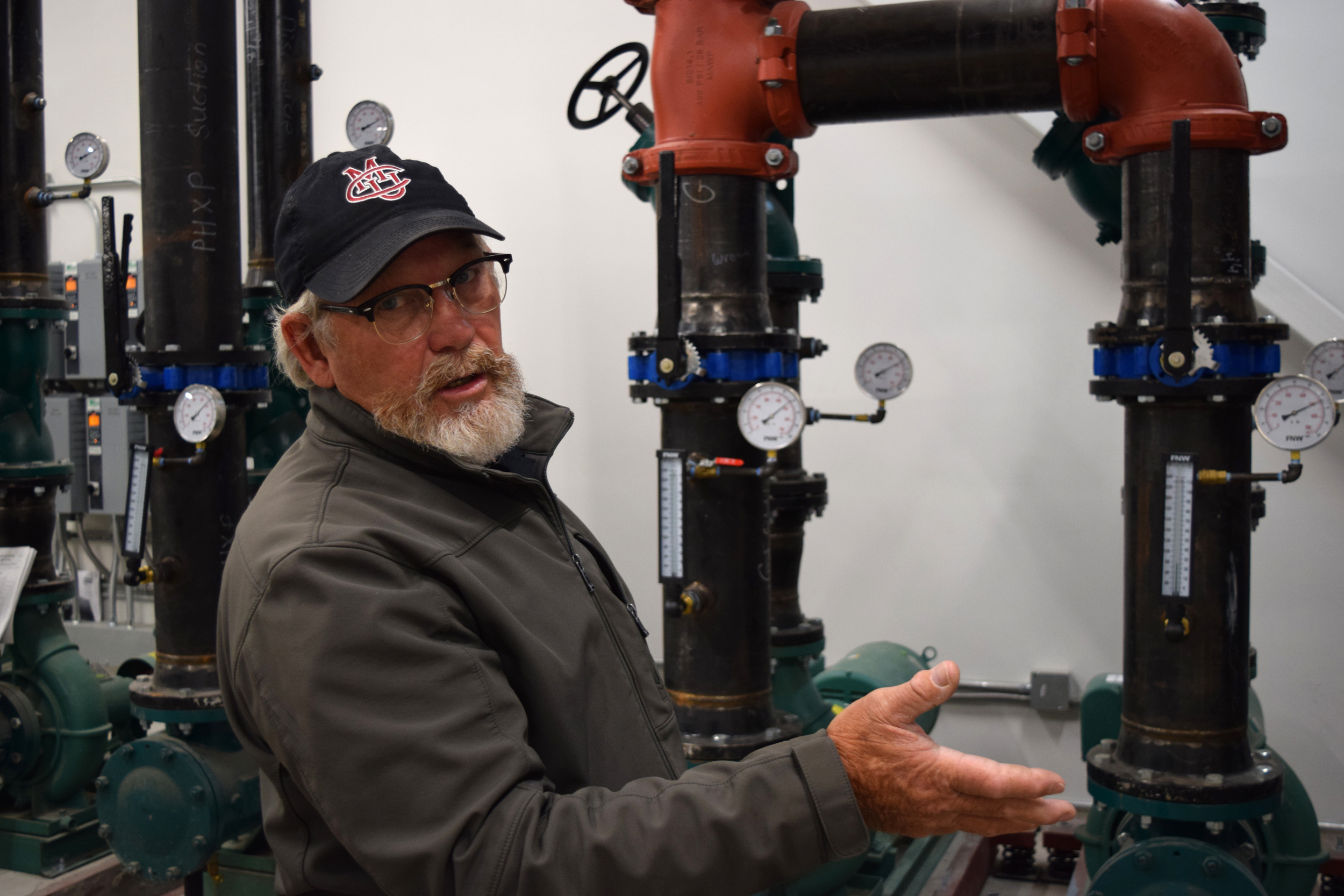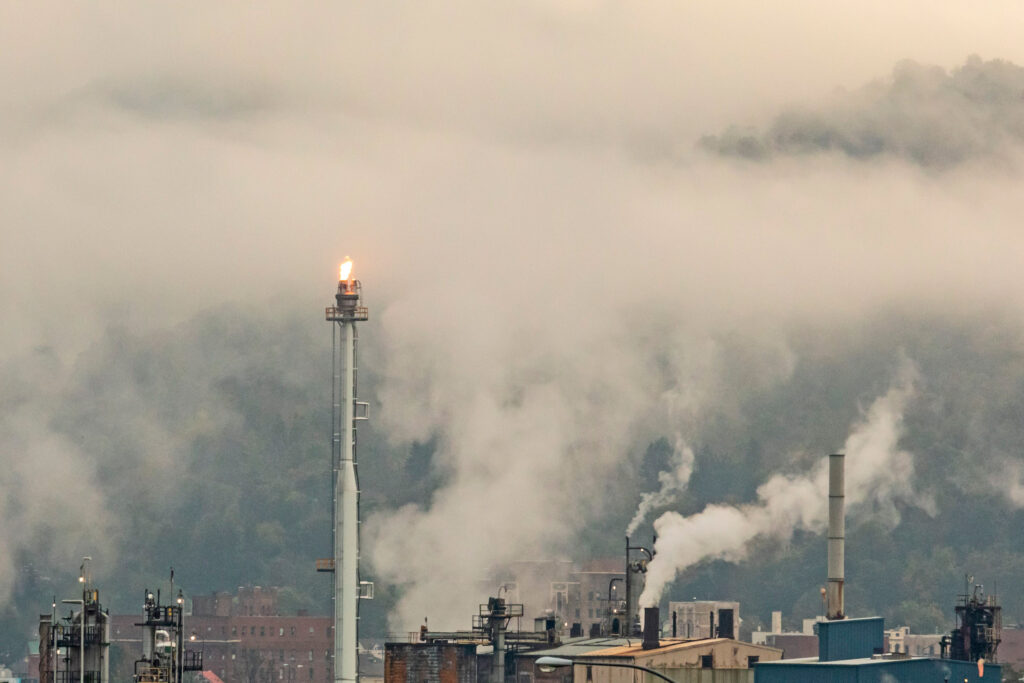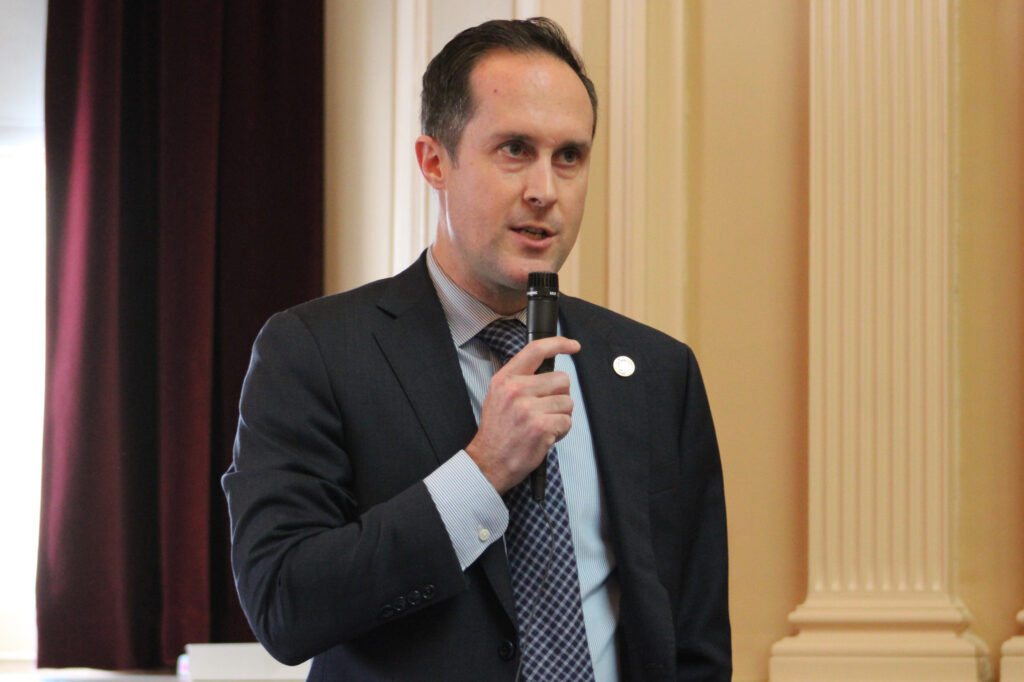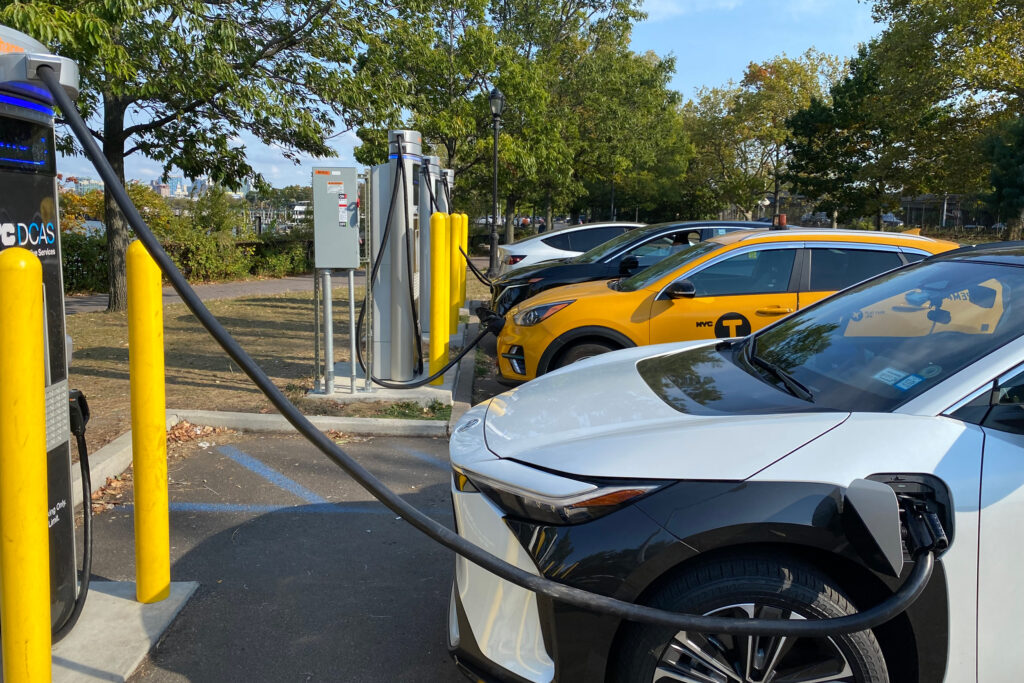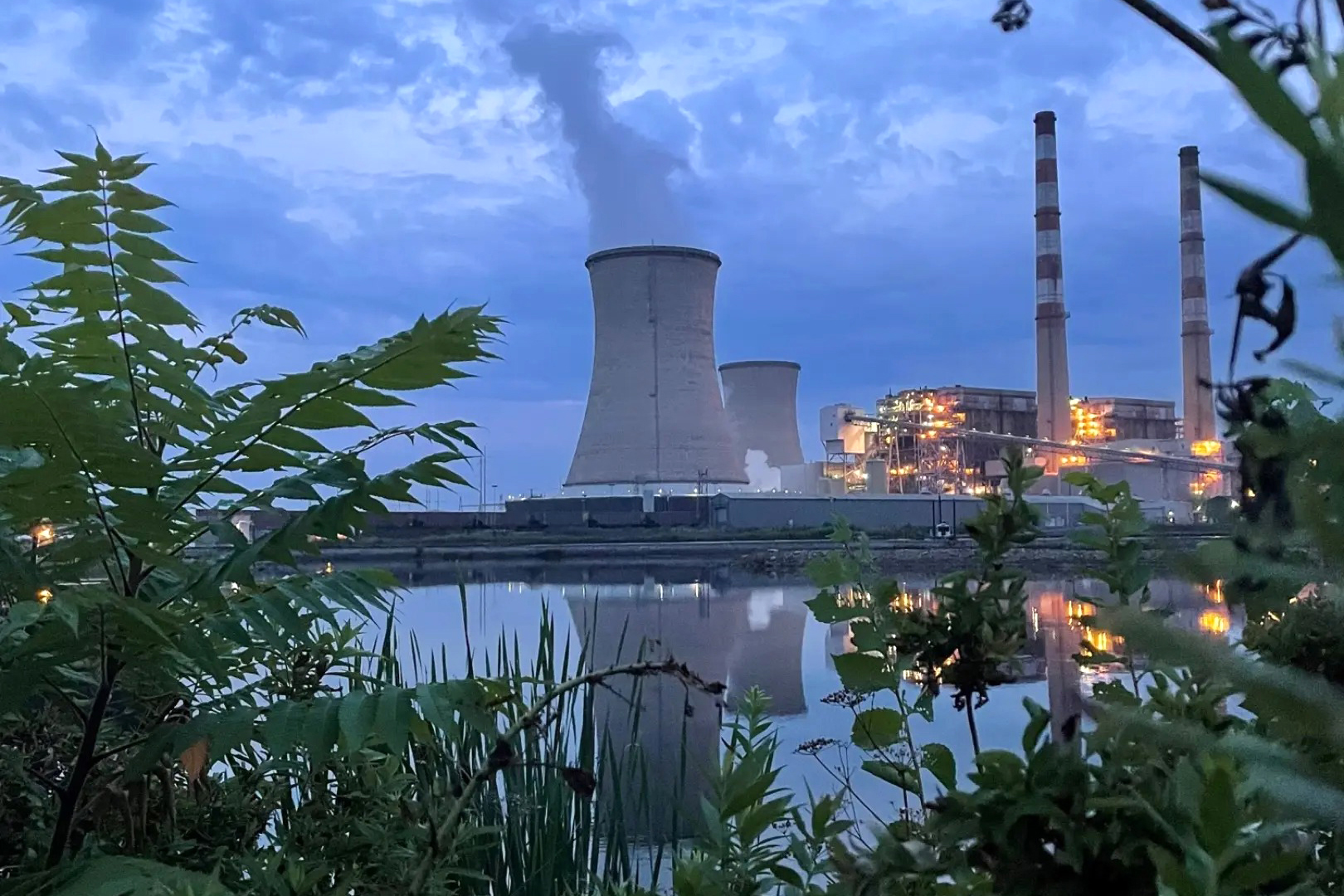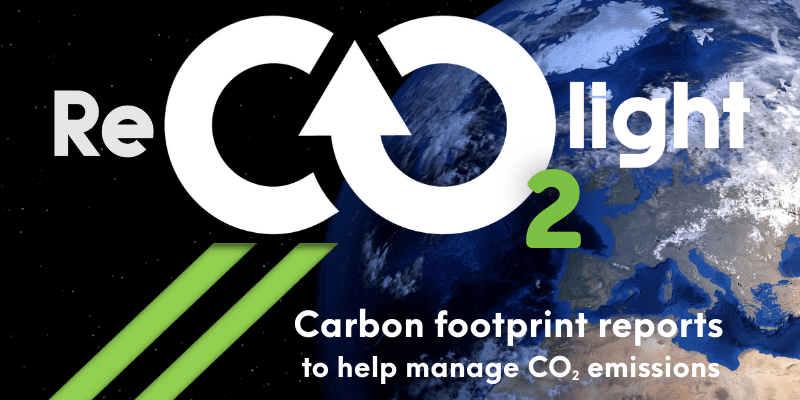The CEO of Saudi Aramco said last week that the transition to clean energy “is visibly failing on most fronts.”
Amin H. Nasser, who has been president and CEO of the state-owned energy company since 2015, lamented that “our industry is painted as transition’s arch-enemy.”
The speech at CERAWeek, the annual energy conference held in Houston, shows how the oil industry views itself as the world embarks on a multi-generation shift away from fossil fuels. Nasser sets up a straw man version of the energy transition, in which progress is slow and expensive, then describes the oil and gas industry as a falsely maligned hero. It’s a breathtaking one-two punch.
So what’s reality?
First, the obvious: Fossil fuel companies bear a large share of responsibility for the climate crisis that threatens to make parts of the world unrecognizable because of extreme heat and sea level rise. Many of the companies knew about the harm and did it anyway.
We’re hiring!
Please take a look at the new openings in our newsroom.
See jobs
And what about Nasser’s critique of the energy transition?
His argument comes down to the idea that alternative energy sources have been unable to displace fossil fuels on a large scale, despite the world spending more than $9.5 trillion on the energy transition in the last two decades.
“We should abandon the fantasy of phasing out oil and gas, and instead invest in them adequately, reflecting realistic demand assumptions,” he said.
This reasoning verges on nihilism, declaring defeat on behalf of the governments, businesses and other organizations that are working to reduce the damage that the oil industry has helped to cause. It’s also bad for business and the economy, like telling Henry Ford in about 1910 that cars had failed to transform the market, so focus on improving horses and carriages.
David Victor, a professor of public policy at the University of California, San Diego, was at CERAWeek and said Nasser’s speech was well-received by the oil and gas industry folks who make up a large share of attendees. Victor is a prolific writer and analyst of clean energy policy and technology.
One reason the message went over well was because Nasser was “saying things that a lot of other executives are thinking but can’t say out loud because they’re not running a state-owned company based in the Persian Gulf,” Victor said. “They’re running publicly traded companies, with shareholders and other stakeholders that want to still advance the energy transition, and don’t want to be seen as giving up.”
What about the substance of the speech?
“There was a kind of almost purposeful confusion or conflation,” Victor said.
The problem, he said, is the way Nasser made a leap from arguing that the energy transition isn’t living up to its goals to saying a few lines later that the transition has failed.
For example, Victor said, the world is unlikely to limit temperature rise to 1.5 degrees Celsius, which is a central goal for international organizations, but that doesn’t mean the energy transition is dead.
“The energy transition is not only alive, it’s accelerating,” he said.
The evidence of this is all around us: Global investment in energy transition technologies was $1.8 trillion last year compared to $1.1 trillion for fossil fuels, according to BloombergNEF. The gap has steadily widened since 2020.
Renewable energy deployments continued to increase their growth rate last year.
I don’t want to gloss over some big challenges. Automakers are struggling to make a profit on EVs; U.S. offshore wind has been slow to realize its potential; and wind and solar projects are running into problems with community acceptance and an inadequate grid.
But these are fixable issues that reflect a transition in an early stage.
Kingsmill Bond, a senior principal at the research and advocacy group RMI, doesn’t feel like he missed anything by skipping CERAWeek.
“The thing that surprises me is not that the fossil fuel industry denies reality, it’s that anyone cares,” he said. “This is normal, for incumbents to deny the reality of change. The U.S. coal industry did it extremely effectively, all the way until they went bust.”
Bond is co-author of a report released this week that looks at the energy transition as an economic race between China, the United States and the European Union. The report finds that China is winning the race right now based on the scale of its clean energy investment, but there is time for others to make up ground.
The underlying data and trends show rapid growth for wind, solar, EVs and related technologies in all three regions, and they show a bleak future for fossil fuels.
“The only major sector enjoying growth in fossil fuel demand is transport, and there, the rapid growth of EVs means that transport demand for oil will shortly peak,” the report says.
But it is also true that fossil fuels remain the world’s leading sources of energy. The clash in worldviews between RMI and Saudi Aramco can be boiled down to different outlooks about when fossil fuel demand will peak.
Bond has written that the peak is happening right now with several years of essentially flat demand that will be followed by a downward curve.
This story is funded by readers like you.
Our nonprofit newsroom provides award-winning climate coverage free of charge and advertising. We rely on donations from readers like you to keep going. Please donate now to support our work.
Donate Now
Nasser said in his speech “peak oil and gas is unlikely for some time to come, let alone 2030.”
Victor and Bond, without talking to each other about it, each mentioned a classic book about business, The Innovator’s Dilemma: When New Technologies Cause Great Firms to Fail by Clayton Christensen, published in 1997. They said the actions of big oil companies are a good illustration of how dominant businesses can lose their ability to innovate in the face of upstart competitors that have a better sense of the moment.
My own reaction to Nasser: I thought of the years I worked for newspapers and the way corporate executives talked about the industry’s bright future. This involved highlighting the good numbers and downplaying the bad ones, and focusing on how the product was indispensable.
The executives’ optimism made me feel a little better in the moment, but they were, of course, wrong.
Other stories about the energy transition to take note of this week:
The Biden Administration Invests $6 Billion to Cut Carbon from Steel, Cement—and Snacks: The Biden administration has awarded $6 billion to help pay to reduce greenhouse gas emissions in factories, as Maria Gallucci reports for Canary Media. The Inflation Reduction Act is behind most of the funding. Recipients include Cleveland-Cliffs, a steel company, that will get up to $500 million to help pay to replace a blast furnace with a new system that doesn’t directly burn fossil fuels, and Kraft Heinz, which wants to upgrade and electrify food production at factories.
Biden’s Climate Law Is Fueling a Quiet Competition Among Democratic Governors: Democratic governors are rolling out climate plans under a little-known initiative in the Inflation Reduction Act called Climate Pollution Reduction Grants, worth up to half a billion dollars. Adam Aton reports for Politico about how competition for the grants can be seen as one of the first ways to determine who will follow President Joe Biden as the standard bearer for the Democratic Party. Governors such as Wes Moore of Maryland, Gavin Newsom of California, J.B. Pritzker of Illinois, Josh Shapiro of Pennsylvania and Gretchen Whitmer of Michigan are proposing ambitious plans as they seek the federal money.
A Giant U.S. Offshore Wind Project Gets Federal Approval: The Department of the Interior has approved Sunrise Wind, a 924-megawatt project planned for waters east of Montauk, New York, as Nichola Groom reports for Reuters. The offshore wind farm is being developed by Orsted, the Danish energy company, and Eversource, the New England utility. The approval is a positive step for the project, but the companies have expressed concerns about rising costs and have not yet made a final investment decision on whether or when to begin construction. This is the seventh large offshore wind project to be approved by the Biden administration, and could be a major source of renewable energy for population centers on the East Coast.
How Two Top Car Salesmen Pitch EVs, One in Trump Country and One on Biden’s Turf: Buying a car doesn’t have to be a political act. But many car dealers and salespeople have been swept up by cultural currents that make almost everything political: Buyers in liberal-leaning areas are more likely to consider an EV, and such a prospect is near-unthinkable in conservative-leaning areas. I wrote for ICN about visiting two car dealerships in Minnesota to see what it’s like to sell in communities with differing politics. I found reasons to believe the driving qualities of EVs may be able to overcome partisanship.
Inside Clean Energy is ICN’s weekly bulletin of news and analysis about the energy transition. Send news tips and questions to [email protected].




